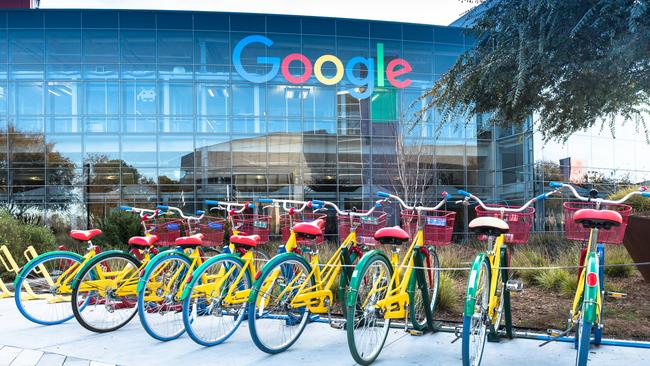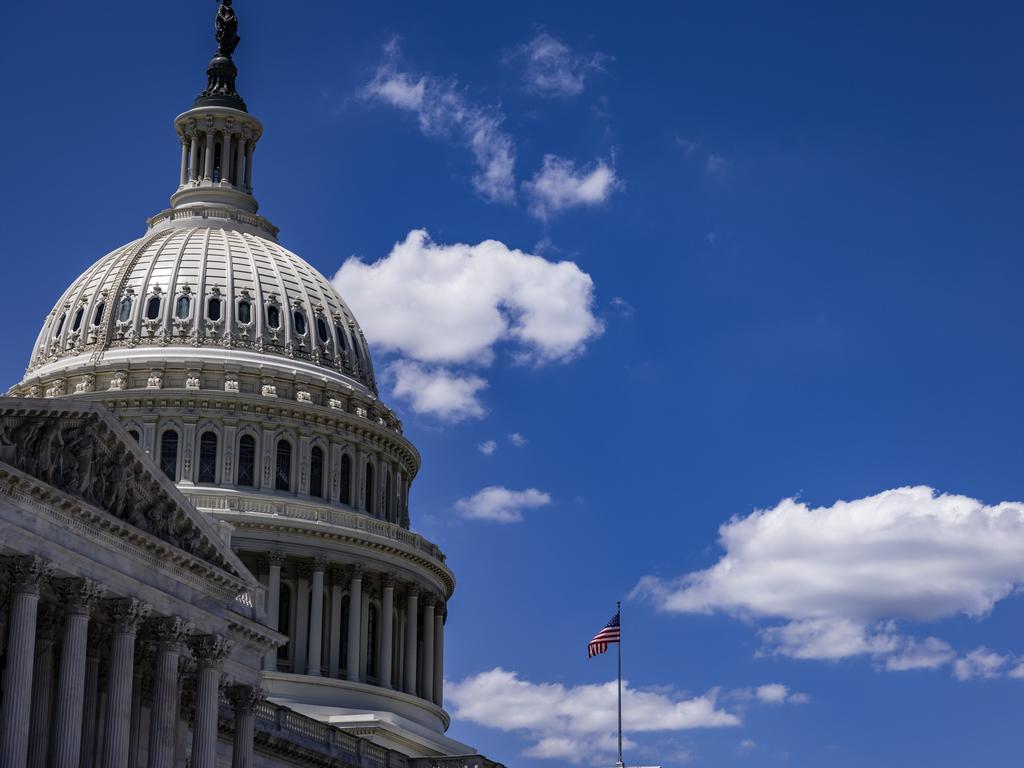States target Google play store practices in antitrust suit
Complaint says company monopolised the distribution of apps on mobile devices running the Android operating system.

Three dozen states and the District of Columbia filed an antitrust lawsuit against Alphabet Inc.’s Google on Wednesday, alleging that the company operates an illegal monopoly with its Google Play app store.
The bipartisan antitrust suit adds to the company’s mounting legal challenges. Led by the state of Utah and filed in the U.S. District Court for the Northern District of California, it alleges that the company has monopolised the distribution of apps on mobile devices that run the Google-owned Android operating system, blocking competition through contracts, technical barriers and other means.
In a blog post, Google said it provides an open operating system in which customers are free to download apps directly from developers’ websites.
“It’s strange that a group of state attorneys general chose to file a lawsuit attacking a system that provides more openness and choice than others,” wrote Wilson White, senior director of public policy.
Over the past year, Google has faced lawsuits from state and federal officials over its dominance of search advertising and its ad tech business.
Google has built a multibillion-dollar digital empire over the past decade by becoming the primary gatekeeper for apps that are downloaded to smartphones using its Android operating system. It requires apps distributed through its Play Store to use a Google payment system and collects a 15% to 30% service fee on sales.
The states’ lawsuit challenges Google’s description of Android as an open operating system.
It targets the in-app payment requirement, saying it has allowed Google to monopolise in-app payments on Android phones and charge excessive commissions.
Practices such as those harm consumers by raising the prices of apps and weakening competition between developers that could lead to more secure apps with better features, the suit alleges.
The states also accuse Google of trying to “buy off” Samsung Electronics Co., a manufacturer of smartphones.
Samsung’s Galaxy app store competes with Google Play, and Google offered to compensate Samsung if the latter company would “give up its direct commercial relationships in app distribution with consumers and developers,” the suit alleges. Samsung didn’t respond to a request for comment.
The case from the states against Google’s app store follows an antitrust case filed by Epic Games Inc., which alleged that Google acted in an anticompetitive way in operating the store and eventually pulling the company’s “Fortnite” game from its virtual shelves. Epic has a similar lawsuit against Apple Inc.
In a tweet, Epic Chief Executive Tim Sweeney said Google blocks competition on Android phones. “It’s tragic that the ‘Don’t Be Evil’ company let it come to this,” he wrote.
The states began their investigation into Google about two years ago. Over the course of the following year, attorneys general focused on separate areas of Google’s business with an eye on bringing a single suit against the search company, according to people familiar with the matter.
Instead of one case, the states split up across several issues. Utah Attorney-General Sean Reyes deemed the Play Store anticompetitive last year and planned to bring a suit, but decided to wait until 2021 after Colorado and Texas filed separate suits against Google’s search and ad tech businesses, according to these people.
The Justice Department is scrutinising the business practices of Apple. The state investigation of Google began sooner, according to people familiar with the matter, and was further along than the Apple probe.
The suit filed Wednesday came days after Google updated its Play Store policy, requiring developers to use a proprietary application format for apps distributed through its store. The company said the change reduces app size to speed downloads for users. The policy update triggered criticism from developers who alleged that it would lock apps into the Play Store and discourage competing distributors.
The updated policy influenced the timing of the Utah filing, the people familiar with the matter said.
The case could be difficult for states to win. Unlike Apple, which exclusively distributes apps through its store, Android device owners can access apps through other app marketplaces. Proponents of the case argue that the market share of those competitors is dwarfed by Google.
The Utah-led lawsuit says that the Play store has a 90% share of app distribution on Android phones and that no competitor has more than a 5% share. It says that Google’s rules restrict direct downloads of apps and only allows so-called sideloading to “maintain its image of ‘openness.’” Google earlier this year reduced its commission on Play store sales, cutting its fees to 15% from 30% on the first $1 million developers earn. Roughly $38.6 billion was spent in the Play store last year, while the App Store generated $72.3 billion, according to Sensor Tower, a firm that tracks the app industry.
The timing of a trial over the Play store will be determined in the months ahead. The Justice Department’s antitrust suit against Google is scheduled for trial in 2023, targeting its dominant search-engine business. Two other ongoing state antitrust lawsuits are set to begin at about the same time.
The Wall Street Journal





To join the conversation, please log in. Don't have an account? Register
Join the conversation, you are commenting as Logout